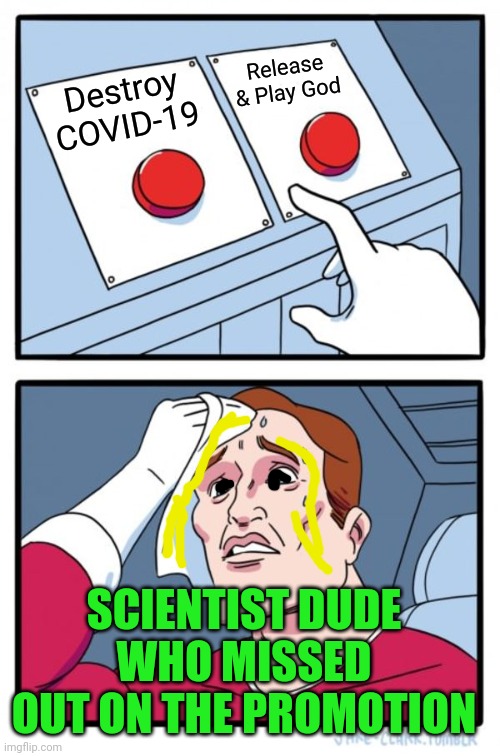

Burnout is real, but it is usually a signal that something needs to change. True burnout stems from feeling a lack of control, unclear job expectations, lack of autonomy and consistency on the job, and a mismatch of values, among other factors. On a positive note, 26% say they feel good about their career, whereas 12% are undecided. In a recent LinkedIn poll, we asked: Have you reached a dead-end in your career, seeing no opportunity, or are you burned out and need to recharge and reset? The results are divided: 37% report feeling burned out and needing to recharge 24% feel they’ve hit a dead end. And if that’s the case, people are moving on-in droves. The tables are turning, and it’s time to reframe this notion: It might not be burnout at all, but simply that employees feel they’ve hit a dead end, where there are no real opportunities for inspiring challenge and growth, or to thrive in your work. Because of stigmas surrounding mental health issues, burning out can feel like failure, when in fact it has little to do with how effective someone can be in their work. Burnout results when people are physically, mentally, and emotionally stressed over a prolonged period. People want to feel motivated, inspired, and seen in their work, and they want their mental health and general wellbeing to be a priority to their employers. Working for a paycheck is no longer enough. It has been a watershed event for a nearly universal understanding that the lines between our work lives and our personal lives are blurring, and we are better off for it. The COVID-19 pandemic gave many workers a chance to reset their expectations when it comes to how much they give to their jobs, and what they expect to get back. An unprecedented 69 million Americans quit their jobs last year, prompted largely not by seeking more financial gain, but by feeling undervalued, disengaged, and perceiving few opportunities for growth or career development.

Clear and attainable goals can be highly effective in boosting intrinsic motivation.The Great Resignation has been all over the news in recent months, and for good reason.

Commit to internal advancement for management positions and other higher-level jobs to allow your employees to set personal career goals. If lower-level employees feel they are stuck in dead-end jobs, there can be nothing for them to strive for. Implement employee development programs to let your front-line employees know there are clear opportunities for career growth with your company. You may want to ask for employee input when creating performance review criteria to convey feelings of fairness and inclusiveness. Prior to creating an incentive system for a performance competition, for example, ask your employees what kind of incentives they would like. Speak with and really listen to your employees before making decisions affecting their jobs. Happy employees are almost always more productive than dissatisfied employees. Maintain a work environment that truly makes employees comfortable, where they can form lasting friendships and enjoy each other's company at work. Front-line employees can become mentally and physically exhausted by the demands of their jobs, steadily decreasing their motivation over time. Ironically, the lowest-level jobs in an organization can often be the most stressful. Shift financially-struggling employees' focus and motivation towards high performance by offering cash incentives or pay raises for top performers, which can bring employees' personal goals in line with sales goals.Ĭreate a company culture that provides flexibility, opportunities for creativity and fun on the front line. Often the lowest-level and lowest-paid employees can become so preoccupied with financial concerns that they find it difficult to truly focus on their work. Use monetary incentives, such as cash, to encourage employees to work harder.


 0 kommentar(er)
0 kommentar(er)
